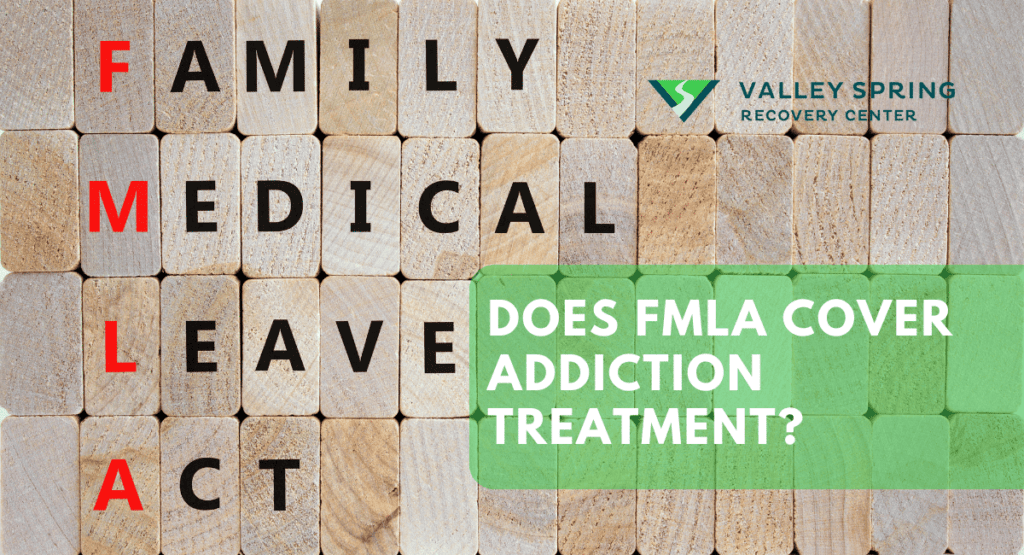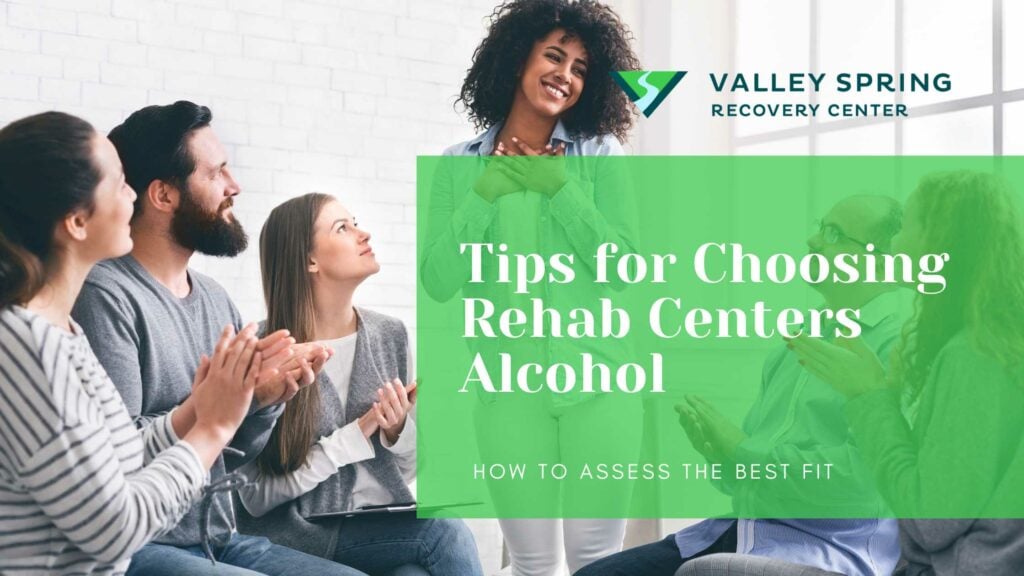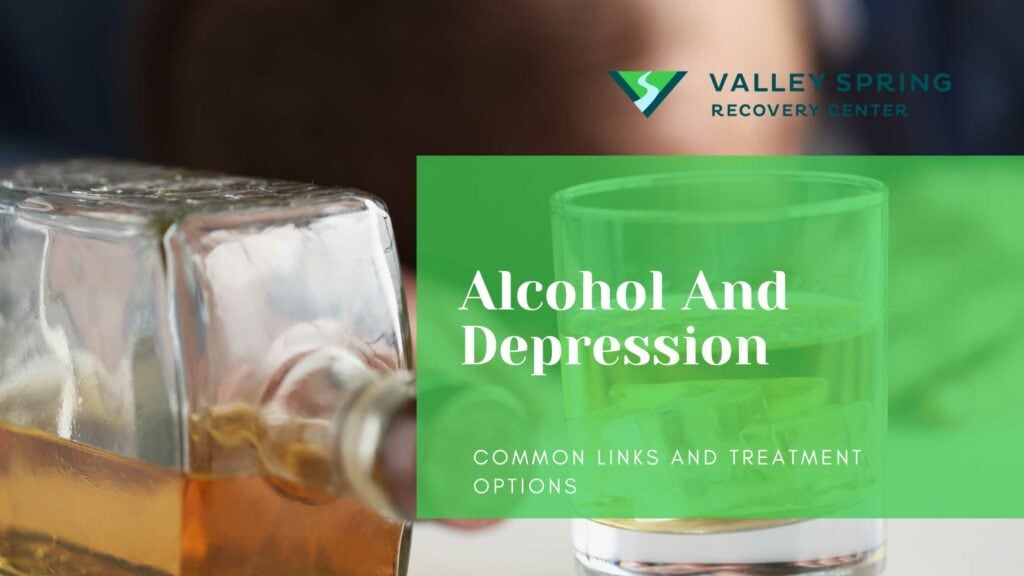Seeking help for drug or alcohol addiction can be a daunting decision, especially when it involves taking time off from work. Many individuals may worry about the potential consequences and wonder, “can you get fired for going to rehab?” Fortunately, there are legal safeguards and workplace policies in place to protect employees seeking treatment. Balancing rehab and employment is critical if you need to keep your job while attending treatment and not suffer job loss. Some of the key things to consider include:
- Understand legal rights and protections for employees in rehab.
- Create a plan to cover work duties during absence & communicate with employer about treatment plans.
- Balance home life, adhere to Return-to-Work Agreement requirements & create supportive workplace atmosphere upon return from rehab.
What Is Drug And Alcohol Rehab?
Rehab for substance abuse refers to programs or treatments that help individuals stop consuming harmful substances and resume healthy, productive lives. These programs focus on healing the body mind and spirit. Individuals addicted to drugs can attend a substance use disorder program and not lose their job if they qualify for medical leave.
Drug and alcohol rehab is a medical treatment like any other treatment and employers are not aloud to prejudice the type of medical treatment that is being received or even have access to those medical records which would protect against job loss, if medical leave is an offered workplace benefit.
What Are the Risks and Protections Of Going To Drug Rehab With Your Employment?

Drug or alcohol addiction is more widespread than perceived in the workplace. The US Bureau of Labor Statistics estimates that 10.8 million full-time workers have a Substance Use Disorder (SUD). It’s important to understand the legal protections and company policies available for people who are seeking help with their substance use problems, ensuring a smoother transition into rehab facilities. To this end, it is critical that employers become familiar with drug and/or alcohol addictions so they can offer suitable support while minimizing disruption in daily business operations.
Legal Safeguards for Employees in Rehab (FMLA and HIPAA)
Employees with substance abuse disorders are protected from discrimination under several federal laws such as the Family and Medical Leave Act (FMLA), the Americans with Disabilities Act (ADA) and the Health Insurance Portability and Accountability Act (HIPAA). To qualify for these protections, certain criteria must be met depending on business size. By understanding what legal safeguards they have access to, employees can feel more secure in seeking treatment without fear of job loss due to their disability or health insurance needs.
Workplace Policies and Support
Legal safeguards are essential, yet policies and backing systems in the workplace can be beneficial for employees to stay on top of their rehabilitation while still having job stability. The Substance Abuse and Mental Health Services Administration (SAMHSA) provides assistance through Employee Assistance Programs (EAPs), granting aid specifically meant for individuals dealing with substance use disorder (SUD). Employers could also offer more flexible hours or accommodations that enable personnel to get better without impeding any work duties – people aware of such options would consequently have an easier time handling rehab successfully while preserving their employment security.
Related Article: Can Going To Rehab Help Your Legal Case
How Can You Prepare for Rehab While Employed?

Having a plan and being proactive is very important when addressing the topic of rehab with your employer. It’s imperative to be informed about treatment options, create an arrangement for someone else to take over while you’re gone from work, and show that recovery has top priority in order to establish credibility with your boss. Knowing both potential advantages and disadvantages ahead of time before talking about rehabilitation can prove beneficial as well.
Researching Treatment (Rehab Center) Options
For those needing medical detox or with severe addictions, inpatient treatment at an inpatient rehab facility might be the most fitting approach. Those suffering from less extreme addiction may benefit more from outpatient care provided by either telehealth counseling or rehabilitation centers. Health insurance usually covers some of the costs related to these forms of therapy, but it is important to investigate and evaluate different options first since coverage amounts vary depending on the plan one has as well as what type of assistance one requires. A quality rehab center can help individuals find something that caters to their financial circumstances while also being suitable for their particular level of dependency and recovery needs – such as drug, alcohol, and other types of therapies available today.
Creating a Plan for Work Coverage
Having a detailed plan for work coverage during the process of rehabilitation is important in order to facilitate an effortless transition and avoid any disturbances. Preparations include: completing all necessary projects, notifying co-workers about your upcoming time off, delegating tasks among other personnel or temporary staff members, and providing coworkers with knowledge on relevant job duties. Following these steps can guarantee that everything will be looked after while you are away from work. It can create a better working environment enabling you to focus solely on recovery.
How Can You Communicate with Your Employer?
It is very important to maintain an open, honest dialogue with your employer regarding rehabilitation. Demonstrating commitment and effort in the form of a Return-to-Work Agreement that outlines a clear plan for getting back on track will be helpful in displaying enthusiasm toward personal progress.
Having an established strategy can assist you when transitioning back into work life and provide assurance that everyone involved understands their roles in the situation.
Approaching HR or Direct Supervisor
When initiating a dialogue with Human Resources or your immediate superior, it is essential to be honest and open about needing rehabilitation. The following are some steps that should be followed:
Firstly, provide the researched treatment strategy. Then detail how long you need for time off (if applicable); finally review any adjustments needed in work as part of recovery.
Being proactive plus well-prepared can help create an atmosphere of support which will assist with making the transition into rehab simpler and smoother.
Presenting a Return-to-Work Agreement
Having a thorough Return-to-Work Agreement is an indication of your dedication and loyalty to the company. It includes demonstrating your willingness to get better, compliance with all terms outlined in the agreement as well as protecting confidential information during work hours. Adhering to this arrangement shows that you are taking steps for maintaining job security within the organization upon returning from absence. Staying true to this deal also ensures successful preservation of job performance over time at any cost!
What Can You Do To Manage Coworkers and Workplace Relationships While In Rehab?

Navigating your recovery process in the office can be tricky. Choosing what to disclose about rehab and how you will address worries from coworkers are key aspects for maintaining a positive atmosphere at work.
Deciding What to Share
Think about your own feelings and the atmosphere of work before deciding how much to tell coworkers regarding rehab. It is very important for you to keep certain limits in regards to what you say and prioritize rehabilitation.
You may decide on disclosing basic facts, such as the length or type of therapy program employed, without giving out specifics concerning yourself personally. This helps protect confidentiality while enabling comprehension from colleagues that can be encouraging.
Responding to Questions and Concerns
It is essential to be ready for any questions your colleagues might have related to the rehab program you just completed. Only address inquiries that you’re comfortable with and try not to forget about setting personal boundaries during this process, as your recovery should always take precedence over other matters.
Providing resources will help those around you develop more insight into what happened, but it’s important to maintain focus on getting back in good shape again. Keep in mind that self-care comes first before anything else!
What Is The Right Balance Of Home Life During Drug and Alcohol Recovery?

Creating a manageable plan is important in order to maintain a balance between home life and rehab. Developing an effective list of tasks with regard to the guidelines provided by the treatment center can help one keep their goals in sight while providing organization throughout recovery.
Creating a To-Do List
Before going to rehab, it is helpful to generate a list of tasks and objectives that require completion. This will enable you to prioritize responsibilities based on importance and urgency while also allowing manageable segments for larger items. To ensure all bases are covered prior to entering treatment, utilizing an applicable tool or application can be beneficial when organizing the task list effectively. Establishing achievable goals beforehand makes one’s preparation process before rehabilitation simpler and more efficient.
Following the Treatment Facility’s Packing List
Staying organized and on task with your recovery goals is made easier by adhering to the packing list given out by the treatment center. This checklist may consist of items such as proper clothing, personal hygiene supplies, books or writing materials. When planning what to bring for your stay, however. Make sure prohibited goods are left at home, including weapons, drugs, alcohol and electronic devices. By following this set guidance it can help you stay focused throughout rehabilitation thus helping in achieving positive outcomes from therapy sessions.
What Happens When You Return To Work After Rehab?
When returning to work after treatment, it is essential that a structured plan and an encouraging atmosphere are both in place for successful job performance. Ensuring all conditions laid out in the Return-to-Work Agreement have been met will facilitate this transition process. A supportive workplace culture also plays an important role here – establishing one can be key to ensuring long-term success when restarting your professional life again after rehab.
Meeting Return-to-Work Agreement Requirements
Before coming back to work, you should familiarize yourself with the conditions of your Return-to-Work Agreement. Obey all medical recommendations and go for every scheduled checkup. Keep an open dialogue with your boss so that everyone is updated on progress made regarding returning to duty. Should any term be disregarded from this agreement, it could result in job loss or other forms of consequences prescribed by company policy.
Maintaining a Supportive Work Environment
In order to provide a supportive work atmosphere on your return, you should access colleagues and supervisors for help if needed. Likewise, get involved in aftercare plans such as support groups or alumni meetings which will promote an encouraging workplace setting and assist with your recovery journey.
You Can Get Started Today
Addiction treatment is a key step towards improving your health, well-being and job performance. Don’t let fear or doubt hold you back from taking action. Do research about rehab options and be aware of your rights as an employee before making the move to seek help today. Taking control of addiction with professional assistance leads to higher levels of success overall, so take that first positive stride now!
What Are Real Life Stories Of Going To Rehab And Emplyment Fears?
It’s natural to have consurns about going to rehab if you are employed. We sat down with a few employees and staff members to hear their experience. One person shared, when I went to rehab I was so scared about losing my job. I was gone for 30 days without any contact. When I came back I was extremely worried about facing my boss. I did end up getting laid off with a small severance when I came back, so the story didn’t end with me keeping my job. However, I was paid during my entire stay and was not fired for cause since my medical records were private and kept safe.
Can my employer fire me for being an alcoholic?
Under the Americans with Disabilities Act, alcoholism is a safeguarded disability that protects individuals from being fired for disclosing their condition or receiving help. But if drinking affects an employee’s productivity at work and poses risks to other workers in any way, they may be dismissed due to this issue.
Can a company fire you for being addicted to drugs?
Companies can fire employees who are currently engaging in the illegal use of drugs, or fail to meet standards of performance or conduct related to drug and alcohol use.
However, they may not fire, refuse to hire, or refuse to promote someone merely based on a history of substance use, or because they are enrolled in a rehabilitation program.
What is the last chance agreement for drug and alcohol?
The last chance agreement is an arrangement between a company and their worker, which guarantees the employer will not fire them in return for undergoing substance abuse treatment as well as abstaining from drug or alcohol use. This compromise allows the employee to get help while also allowing employers to protect themselves from any potential risks associated with that person continuing to work within their organization. It’s essential though that it isn’t seen as guaranteed employment – if they don’t stay faithful to this contract, there are still grounds of dismissal available.
Is alcoholism a disability in Maine?
Under both state and federal laws, alcoholism is recognized as a disability in Maine. This classification of impairment affords legal protection to individuals who have been diagnosed with the condition. These protections include the right for reasonable accommodations at work, along with safeguarding against any discrimination associated with having an alcohol dependency.
What types of rehab programs are available?
Different forms of rehabilitation programs, including inpatient residential treatment and outpatient rehab services, as well as telehealth counseling tailored to the specific requirements of individuals, can be utilized.
Ben Fisher
All author postsShare This Post










